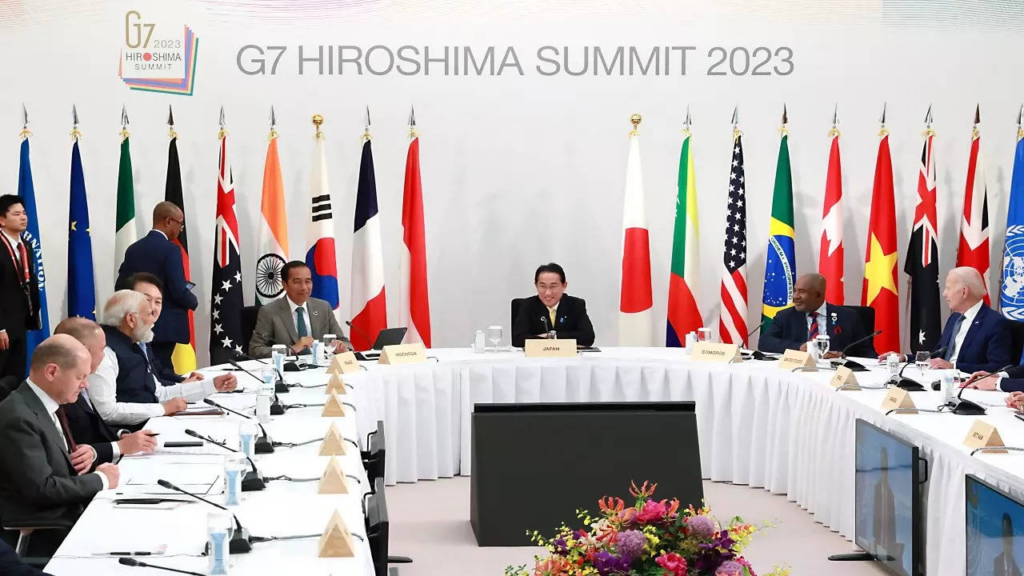On Saturday, the leaders of the seven nations that make up the Group of Seven (G7) issued a request for the creation and acceptance of international technical standards for trustworthy artificial intelligence (AI). This comes as politicians in wealthy countries are beginning to focus on emerging technology.
While the leaders of the G7 nations were gathering in Hiroshima, Japan, they issued a statement saying that “the governance of the digital economy should continue to be updated in line with our shared democratic values.” This was expressed despite the fact that they acknowledged that many methods may be used to achieve “the common vision and goal of trustworthy AI.”
G7 urges AI tech norms.
The agreement was reached as the European Union, which is a member of the G7, moved this month toward drafting laws to govern artificial intelligence technology. If successful, this legislation would be the first complete AI law anywhere in the world.

“We want AI systems to be accurate, reliable, safe, and non-discriminatory, regardless of their origin,” said Ursula von der Leyen, President of the European Commission, on Friday. “We want AI systems to be accurate, reliable, safe, and non-discriminatory.”
The leaders of the G7 countries discussed generative artificial intelligence (AI), a subset of AI that has gained popularity because to an app called ChatGPT. They stated that they “need to immediately take stock of the opportunities and challenges of generative AI.”
On Friday, the heads of government reached an agreement to establish, by the end of this year, a ministerial forum to be known as the “Hiroshima AI process.” The purpose of this forum will be to debate concerns surrounding generative AI technologies, such as intellectual property rights and misinformation.
Following a conference of digital ministers held by the G7 nations the previous month, which included the United States, Japan, Germany, Britain, France, Italy, and Canada, the summit was held to discuss the possibility of adopting “risk-based” AI legislation.

